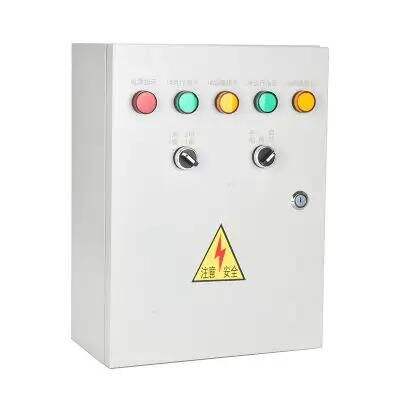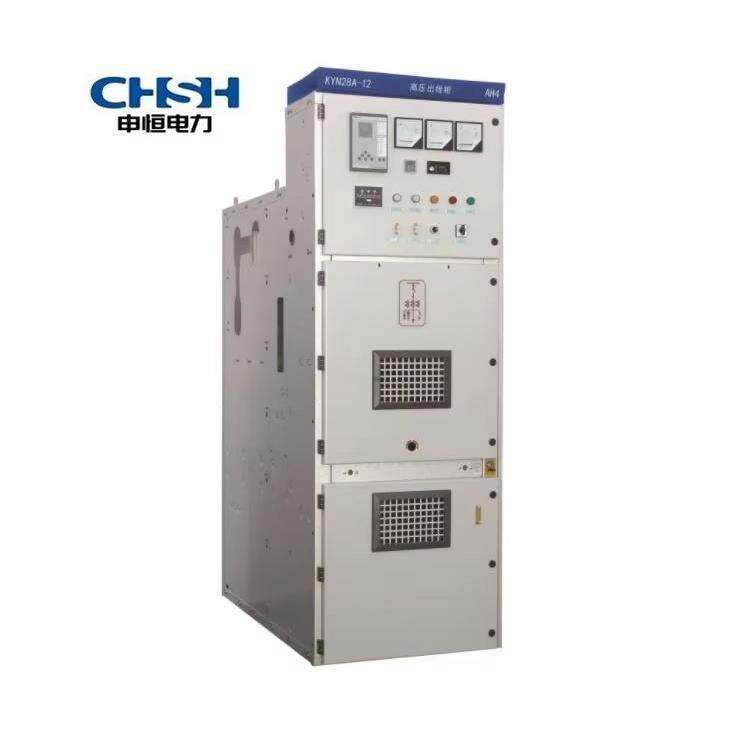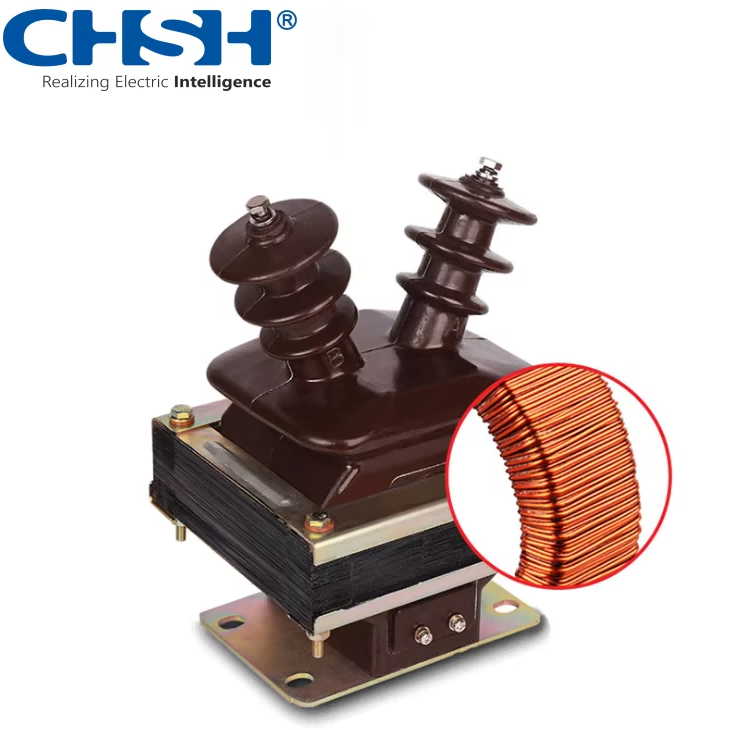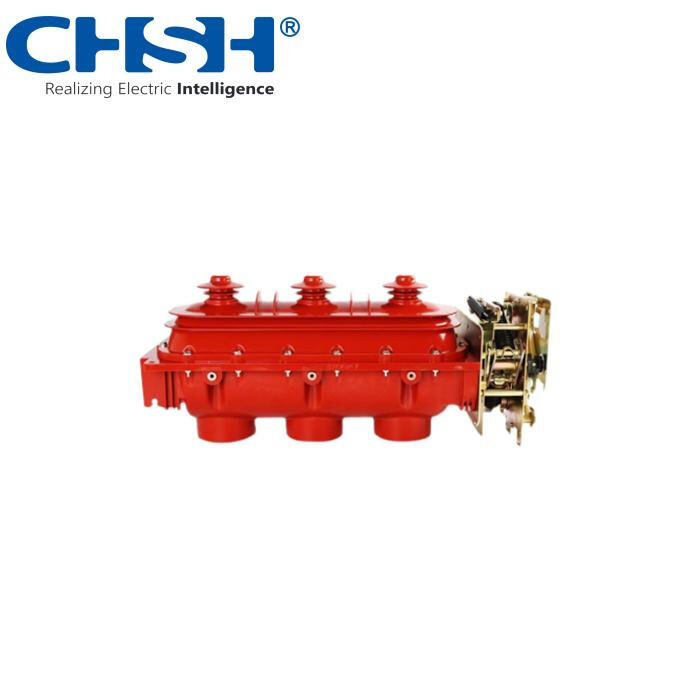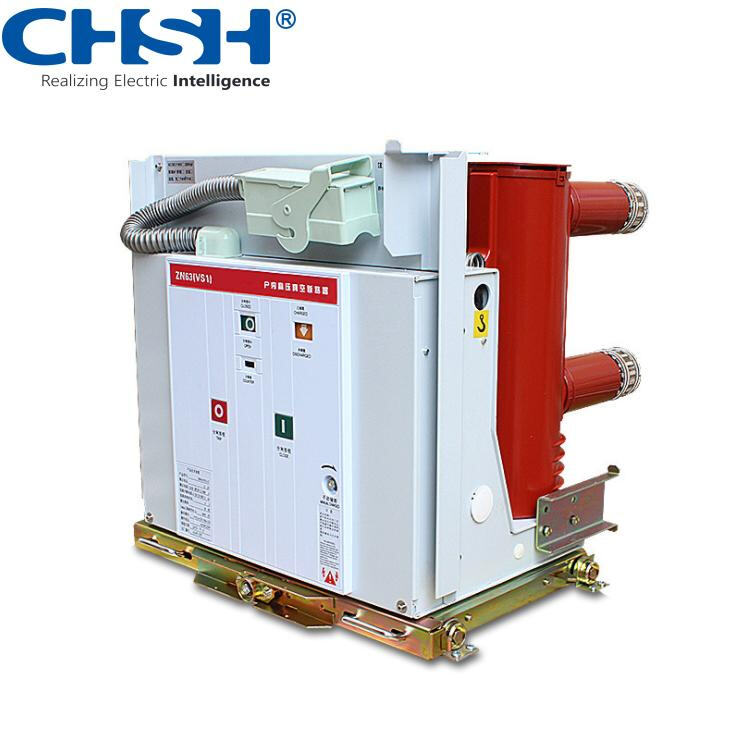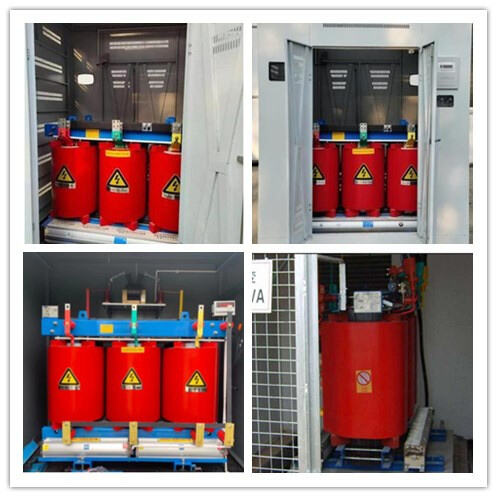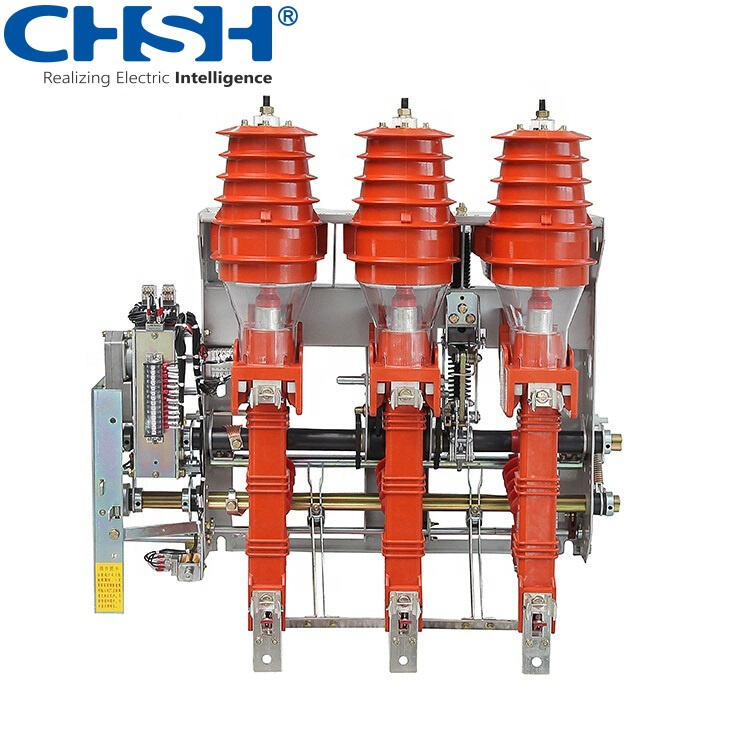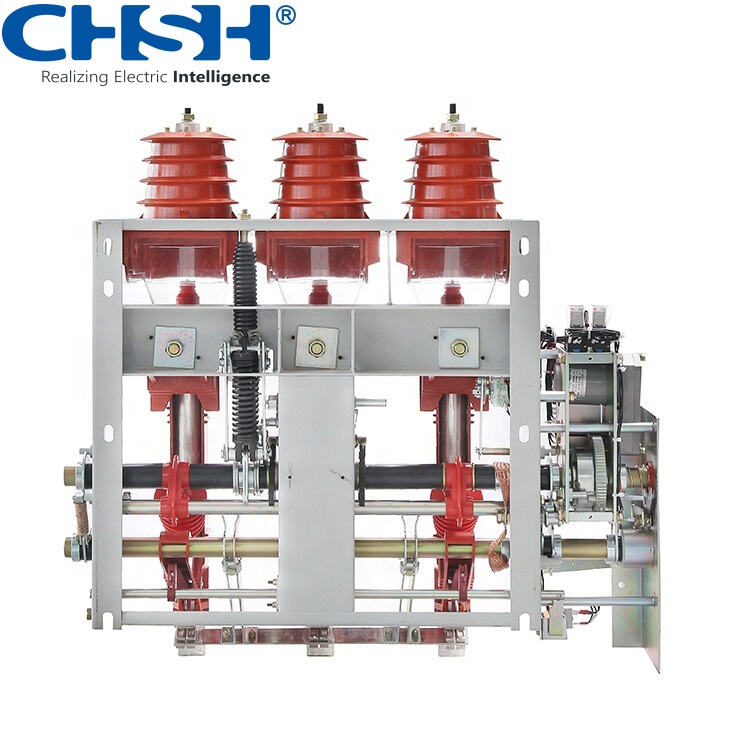fuse cost
Fuse cost encompasses not just the initial purchase price but also the total investment required for implementing and maintaining electrical protection systems. This comprehensive cost consideration includes the actual fuse unit price, installation expenses, replacement costs, and potential downtime implications. Modern fuses incorporate advanced materials and design technologies that influence their pricing structure, ranging from basic residential fuses to sophisticated industrial-grade options. The cost varies significantly based on voltage ratings, interrupting capacity, response time, and specific application requirements. Important factors affecting fuse cost include the type of protection needed, such as overcurrent or short circuit protection, the operating environment, and compliance with relevant safety standards. Additionally, the overall cost assessment must consider the fuse's role in preventing expensive equipment damage and ensuring workplace safety. Many organizations now evaluate fuse costs through a lifecycle perspective, factoring in long-term reliability, maintenance requirements, and energy efficiency impacts. The market offers various options from standard cylindrical fuses to specialized semiconductor fuses, each with distinct price points reflecting their technological sophistication and application-specific features.

